
Global Brands Find It Hard to Untangle Themselves from Xinjiang Cotton
Under pressure to renounce cotton harvested in a Chinese region marked by gruesome repression, they face a backlash from nationalist Chinese consumers.
Recommendation
In the globalized world, clothing brands expect criticism that they exploit underpaid workers in undeveloped countries. Now, they face a unique – and especially grave – situation in Xinjiang, China, as Peter S. Goodman, Vivian Wang and Elizabeth Paton report in The New York Times. Xinjiang is the source of 85% of China’s cotton and ground zero for China’s genocidal assault against the Uyghurs. The US government seeks to prevent sale of Xinjiang cotton products, but the Chinese government has threatened firms that they must ignore its persecution of the Uyghurs or relinquish China’s massive, lucrative market.
Summary
About the Authors
Peter S. Goodman is a London-based global economic correspondent for The New York Times, for which Vivian Wang is a China correspondent and Elizabeth Paton is a reporter.

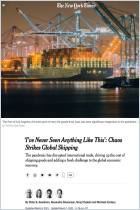
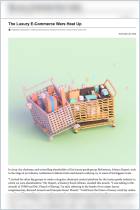
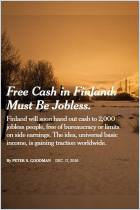
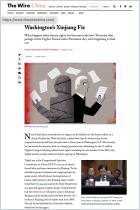
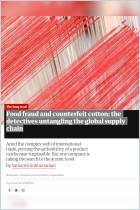
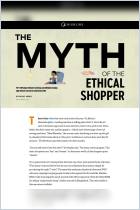
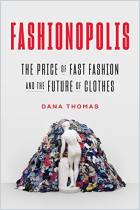
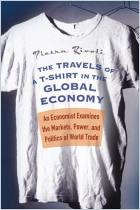
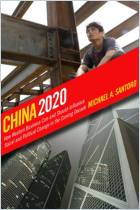



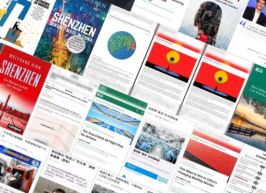



Comment on this summary or Start Discussion